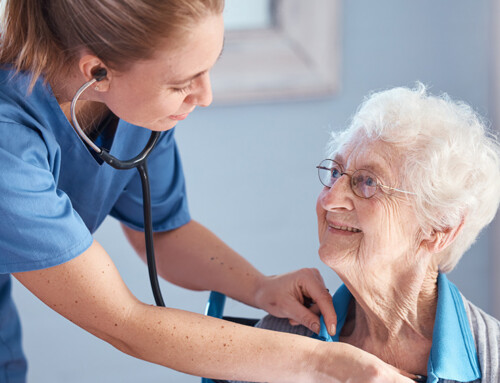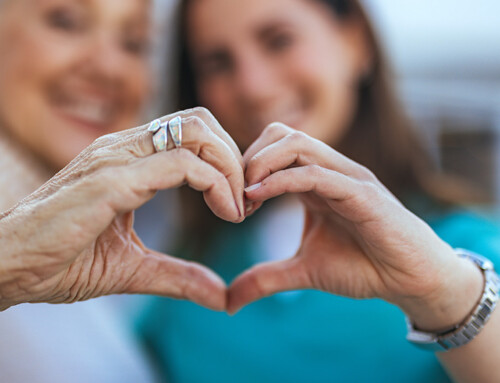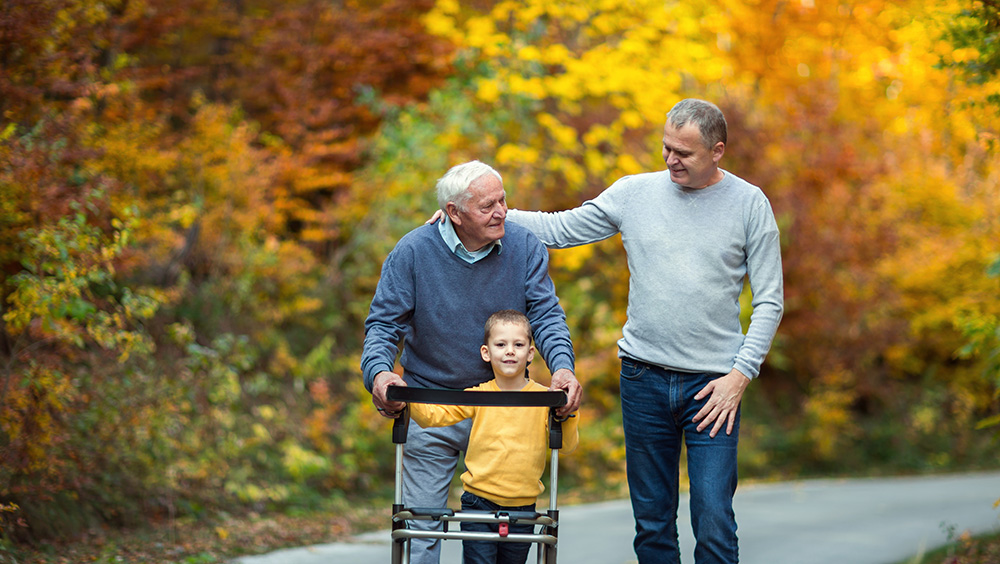
After another hot summer the cooling temperatures of Fall are more than welcome, as are the warming drinks, Fall leaves, and pumpkin-everything. However, some of the other signs of Autumn—colder temps, rain, getting dark earlier, and sniffly noses—can come with safety-issues for aging adults.
Follow these handy tips whether you are prepping for the Autumn season yourself or helping an aging loved one prepare.
Fire and Carbon Monoxide Safety Checks
Cuddling up in a blanket next to a fire with a warm cup of tea is a wonderful way to spend a rainy Autumn Saturday. However, before you get started on turning on the furnace or putting logs on the fire, it is important to make sure you do simple fire safety checks to make sure you’ll not catch a chill nor put yourself or a loved one in a dangerous situation.
While home fires and carbon monoxide issues increase the most during winter, the best time to make sure your home fire and carbon monoxide alarms are in working order is before you need to start using your furnace or fireplace.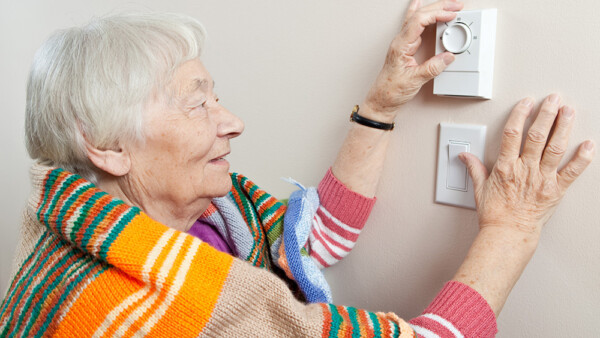
Approximately 50,000 people in the United States visit the hospital each year for accidental carbon monoxide (CO) poisoning. Approximately 430 U.S. deaths are caused each year by the poisonous fumes. CO fumes are produced by heat sources such as furnaces, stoves, vehicles and more. Proper use and maintenance of heat sources will help prevent CO leakage. CO detectors or a combination CO and fire detector can help catch a CO leak before it can cause poisoning.
Out of the 346,800 average home structure fires per year, 13% are started by heating equipment and nearly 50% of fires are started in the kitchen. The risk of death is more than twice as high in homes that do not have working (or any) smoke alarms.
It is essential that you have working smoke and carbon monoxide alarms in yours and your loved one’s homes, that you are regularly keeping up on maintenance and cleaning of heat sources, and that you are practicing safe-usage of heat-producing electrical items.
- Test your fire and carbon monoxide alarms. Test your fire and carbon monoxide alarms according to your device instructions. These devices should ideally be checked every month according to the Red Cross. Make sure they have fresh batteries, and if they are ten years or older, replace them.
- Do furnace and fireplace cleaning and maintenance. Regular maintenance on your furnace and fireplace will help prevent buildup that can lead to fires or carbon monoxide. Change your furnace filters as recommended by your appliance. Get your fireplace regularly cleaned and make sure your flu is in working order.
- Be safe while using electrical heat sources. There are approximately 45,000 home electrical fires each year. Be smart about utilizing electrical sources of heat by only plugging 1 heat producing appliance into a wall outlet at a time (this includes items such as toasters, microwaves, or electric heaters) and never use an extension cord with a heat-producing appliance.
Home Prep for Cooler Temps and Darker Evenings
Getting the home prepped for the shorter, wetter, colder days of Fall and Winter doesn’t end with indoor home maintenance. Outdoor maintenance can help prevent issues such as pipes freezing, home damage, and dangerous slips and falls.
- Clean out gutters. A build up of leaves and other debris in your home gutter system can cause drainage issues that can cause damage to your roof and home. It can also help keep water from pooling in areas that can cause a slip or fall. Regular maintenance on the gutters in important, but especially before the rainy season gets going.
- Light walkways. Put out extra lighting on all areas where you or your loved one may be walking to avoid tripping.
- Clear debris. Sweeping the porch and walkways free of debris, such as sticks and leaves, will also help prevent dangerous falls.
- Drain and Insulate water pipes. Before long the temperatures will drop from brisk sweater weather to the weather than can cause pipes to freeze. Take time in the Fall months to prepare your pipes to make it through the winter.
Keep the Cold Medicine at Bay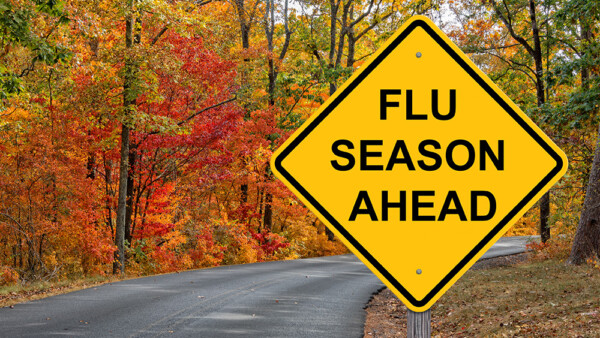
While sickness such as cold and flu can happen anytime in the year, an uptick in respiratory viruses tend to happen in the Fall and Winter months, generally dubbed Flu Season. As we have made our way through a global pandemic over the past few years, most people are aware of tips that can help prevent getting and spreading illnesses. However, they are worth repeating.
- Wash your hands. Use soap and water for at least 20 seconds to kill germs that can cause or spread illnesses.
- Stay home if you are ill. If you do need to leave your home, wear a mask to help prevent spreading sickness to others.
- Discuss vaccination with your doctor. Recommended vaccinations may help prevent illnesses that are caused by some viruses.
- Eat a healthy diet, maintain a healthy sleep schedule, and get regular exercise.
Consider Senior Living Options
Let’s be frank, the list of things to do to keep yourself or a loved one safe, happy, and healthy can be overwhelming. When the tasks are adding up and safety or health become a concern it might be time to consider senior living and care options. Senior Living communities have systems in place to take care of all the necessary tasks for health and safety so you or your loved one can spend time doing the things you want to do rather than the things that you have to do.
Learn more about Radiant Senior Living communities near you and connect today to enter into an safe, healthy, and fun Autumn season.
